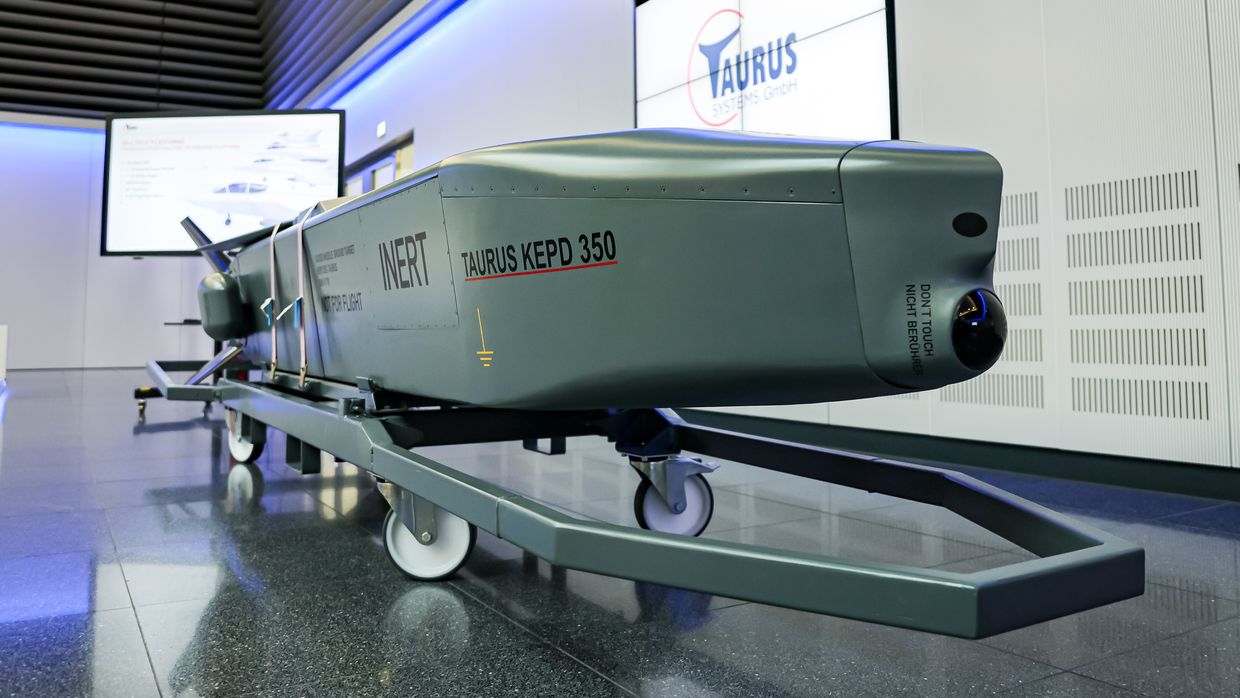Germany, Poland to launch armored vehicles coalition for Ukraine next week.
Berlin and Warsaw had agreed to form an "armored vehicles coalition" to support Ukraine's defense capabilities, the Polish magazine Wprost reported on March 18, citing Polish Defense Minister Wladyslaw Kosiniak-Kamysz. The initiative, announced by Kosiniak-Kamysz following talks in Warsaw with his German counterpart, Boris Pistorius, will officially begin operations on March 26. This would be yet another coalition formed by allies to support specific capabilities of Ukraine's Armed Forces.
Other such initiatives include an artillery coalition, a fighter jet coalition, or a demining coalition, organized within the framework of the Ukraine Defense Contact Group (UDCG) in the Ramstein format. "More partners have already signed up. This is one of the most important coalitions," Kosiniak-Kamysz said at a press conference with Pistorius, specifically naming the U.K., Italy, and Sweden.
Join our community
Support independent journalism in Ukraine.
Join us in this fight. Support us
Polish Prime Minister Donald Tusk visited Berlin on March 15, meeting German Chancellor Olaf Scholz and French President Emmanuel Macron. The three leaders presented new initiatives to support Kyiv against Russian aggression, including new arms purchases and a plan to start a long-range rocket artillery coalition.
During the press conference in Warsaw, Pistorius and Kosiniak-Kamysz also announced that the two countries would take responsibility for rapid reaction forces in Europe. "Starting in July, our battlegroups, 2,500 Polish soldiers and 2,500 German soldiers, will be in a state of readiness for rapid response. These are the forces that fulfill the tasks of the strategic compass," Kosiniak-Kamysz said.
Tensions between NATO and Russia have been mounting since the outbreak of the full-scale war in Ukraine, with several Western officials warning recently that the alliance should be ready for a possible open conflict with Moscow in the coming years.
Taurus missiles: Why Ukraine wants them - and Germany hesitates
When faced with questions from German lawmakers on March 13, Chancellor Olaf Scholz once again said "no" to the delivery of the Taurus long-range missile to Ukraine. "Prudence is not something that one can qualify as a weakness.
Prudence is something that the citizens of our country are entitled to...
